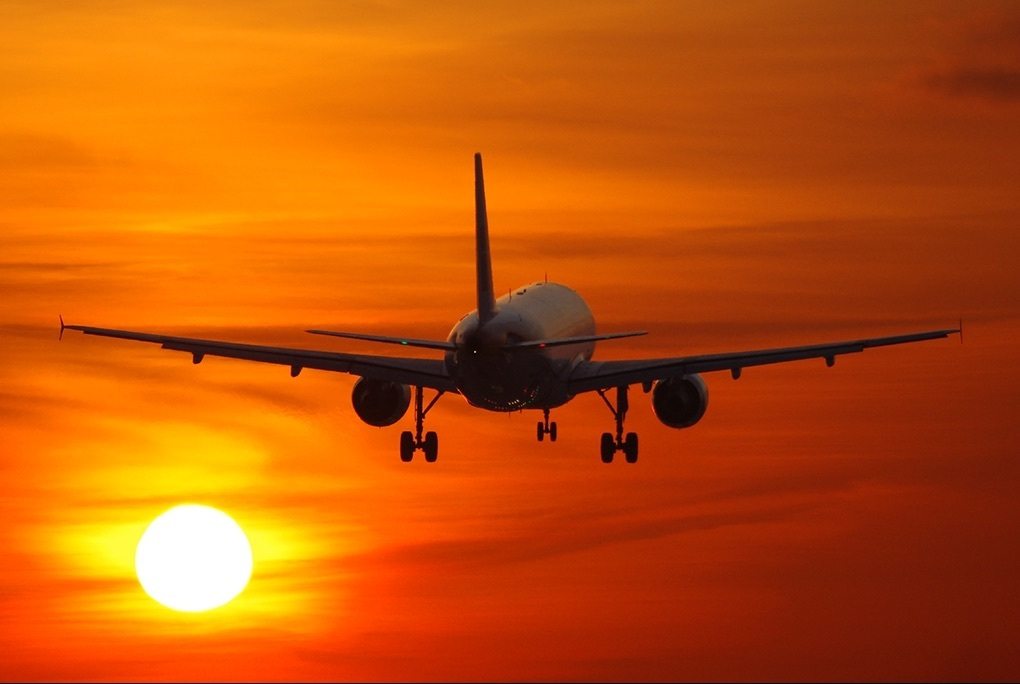As global airlines accelerate their transition to NDC, African airlines are far behind.
It outlines NDC adoption across the continent, based on insights from AFRAA member aviation, according to a study by TPConnects and the African Airlines Association (AFRAA).
High distribution costs, limited adoption of NDC adoption, and technical barriers are common challenges, as most carriers are small to medium-sized, with 81% carrying less than 2 million passengers per year and less than 80% of 15 aircraft operating fleets.
The next flight in Africa: Retail locks for modern airlines have been unlocked, with over 90% of respondents saying they are currently unable to be distributed via NDC. The results showed that 48% lacked NDC functionality, 24% planned to implement NDC, and 21% currently implementing NDC, while 9% were fully NDC-enabled.
The report's timeline for NDC implementation revealed that 18% of African Airlines are expected to move within one year, with 28% within two to three years and 18% within four to five years, while 36% said they have no plans to move into NDC over the next five years.
“The investment required to prepare a full NDC can be difficult to justify when profitable and uneven digital demand is present. In Africa, this still relies heavily on infrastructure gaps, limited online booking penetration, and traditional travel agents. Industry expert Dare Olayiwola said:
The report's airlines face the constraints of large IT projects due to lack of internal expertise and 60% report that NDCs are difficult to integrate with existing systems.
“This slow pace reflects real-world constraints: budgetary pressures, fragmented infrastructure, various commercial timelines. Adoptions believe that more African airlines will see commercial value and that the technology supporting these transitions will become more accessible and modular,” says Olayiwola.
GDS is unsustainable
High GDS and intermediary transactions were cited as unsustainable, especially for small carriers, to encourage the transition to NDC. 100% of respondents stated that reducing distribution costs is a strategic priority. Distribution costs have reduced profitability and slowed airline growth, according to airline executives at the survey. Other top goals include increased direct sales (68%) and improved customer experience (52%).
Nevertheless, GDS channels such as Saber, Amadeus and Travelport remain the most dominant distribution systems. “African Airlines' adoption of NDC is pretty poor, but I don't see this as a priority. It should be more important to cut fees to negotiate negotiations with the GDS system,” an anonymous industry insider said.
Impact on travel agents
As the international community advances in adopting NDCs, the risk of African travel agents being left behind is increasing.
However, anonymous sources argue that the well-established and widely used GDS framework remains strong enough to support the market. “As long as the GDS system is the best comparison shopping site for agents, I think agents are better. The problem with many NDC implementations is that they are out of the agent's normal workflow due to booking, fulfillment and service,” he said.
According to Olayiwola, agents will not be left behind when connected to a modern multi-source marketplace, but agents who have no access to these workflows can face growing challenges. “As more international airlines shift their supplementary bundles to exclusive offers and NDC channels, legacy-only systems will struggle to keep up, leading to inventory gaps, missed revenue opportunities and fragmented customer experiences.”
The future of NDC
The momentum of the NDC depends on size and interoperability, and delays in adoption in Africa could affect global progress. “If the major regions remain outside the ecosystem, they create fragmentation. Travel agents need to manage dual/multiple systems, making content difficult to standardize and slow innovation,” says Olayiwola.
However, he believes that Africa is a small part of global air traffic and that delays will not derail the wider trajectory. “More importantly, we will allow African airlines and agencies to connect to the NDC ecosystem without having to rebuild everything from scratch.
“There is a cautious optimism. Large airlines like Ethiopian Airlines and Kenya Airlines have made great strides. The future of digital travel in Africa does not need to reflect other regions.


